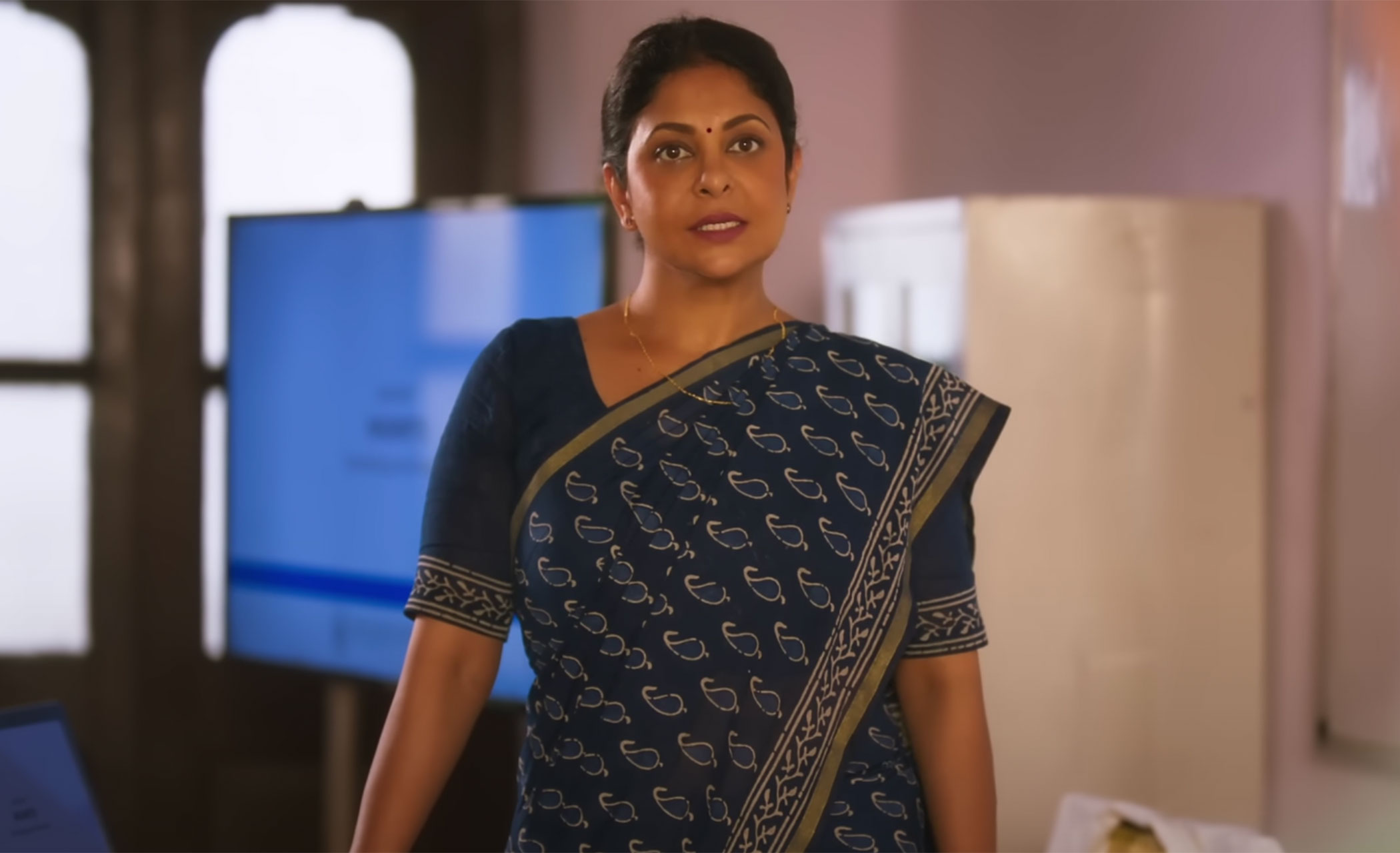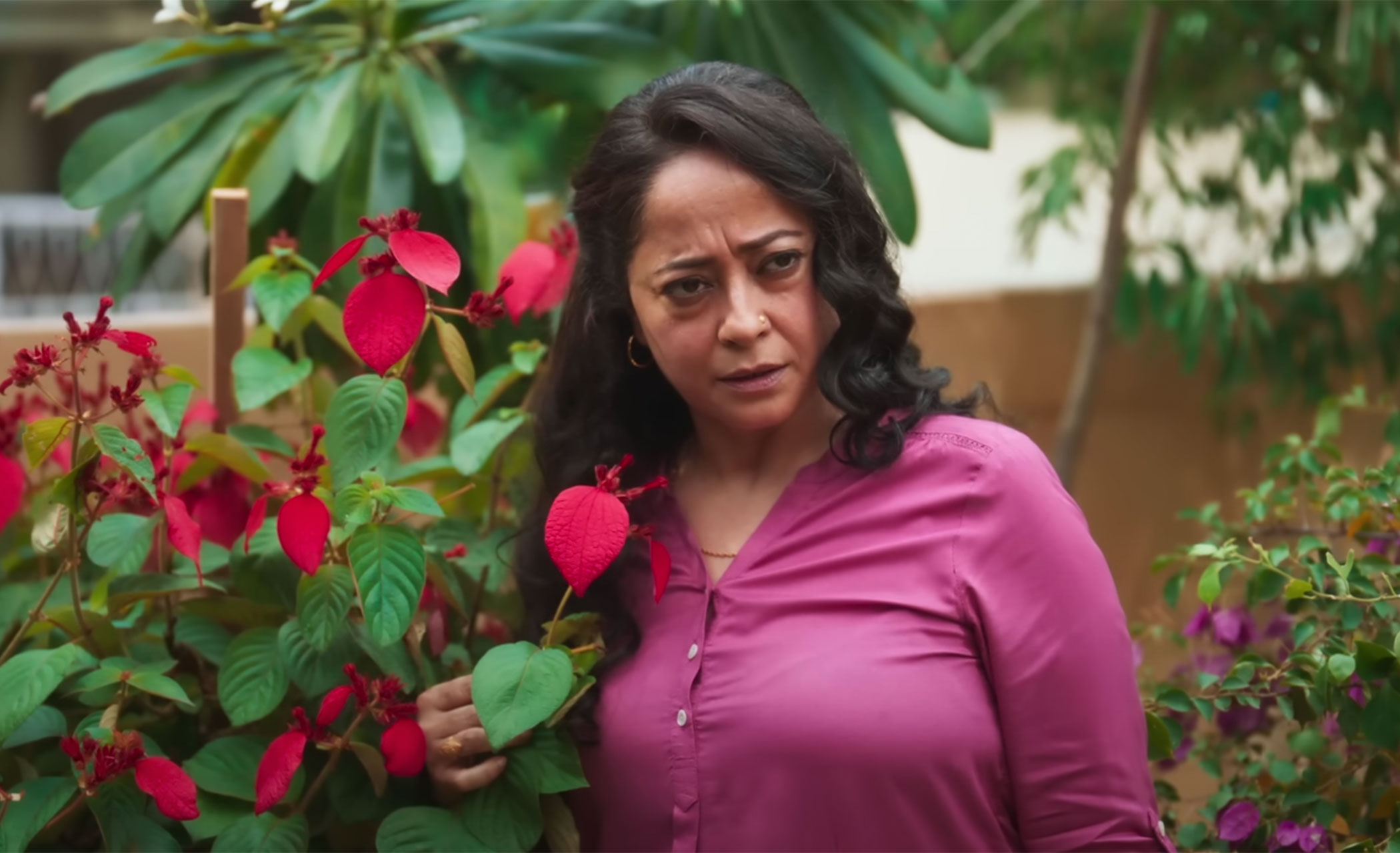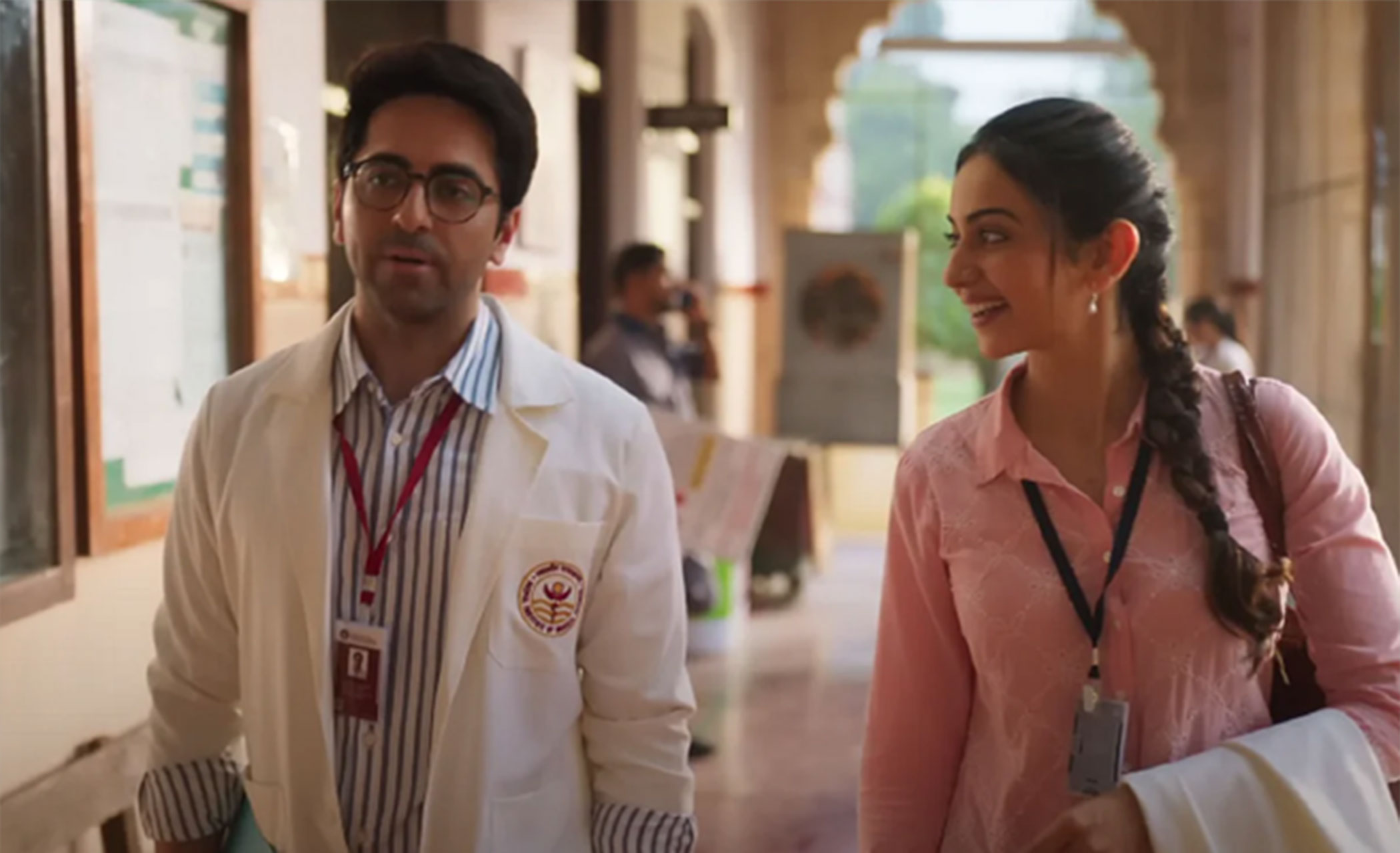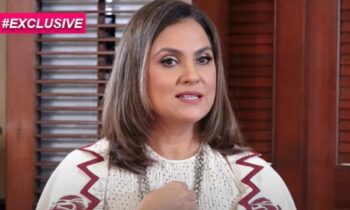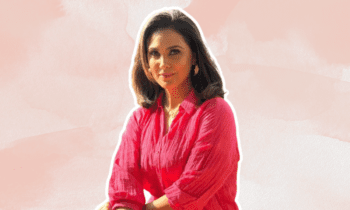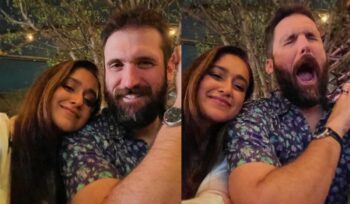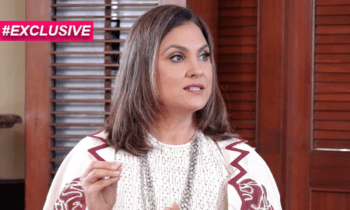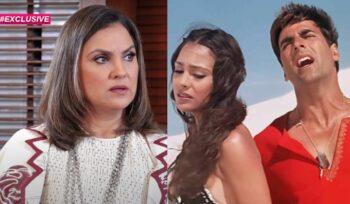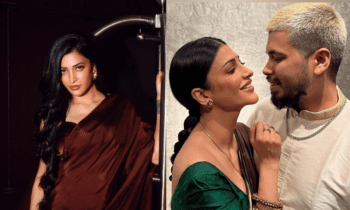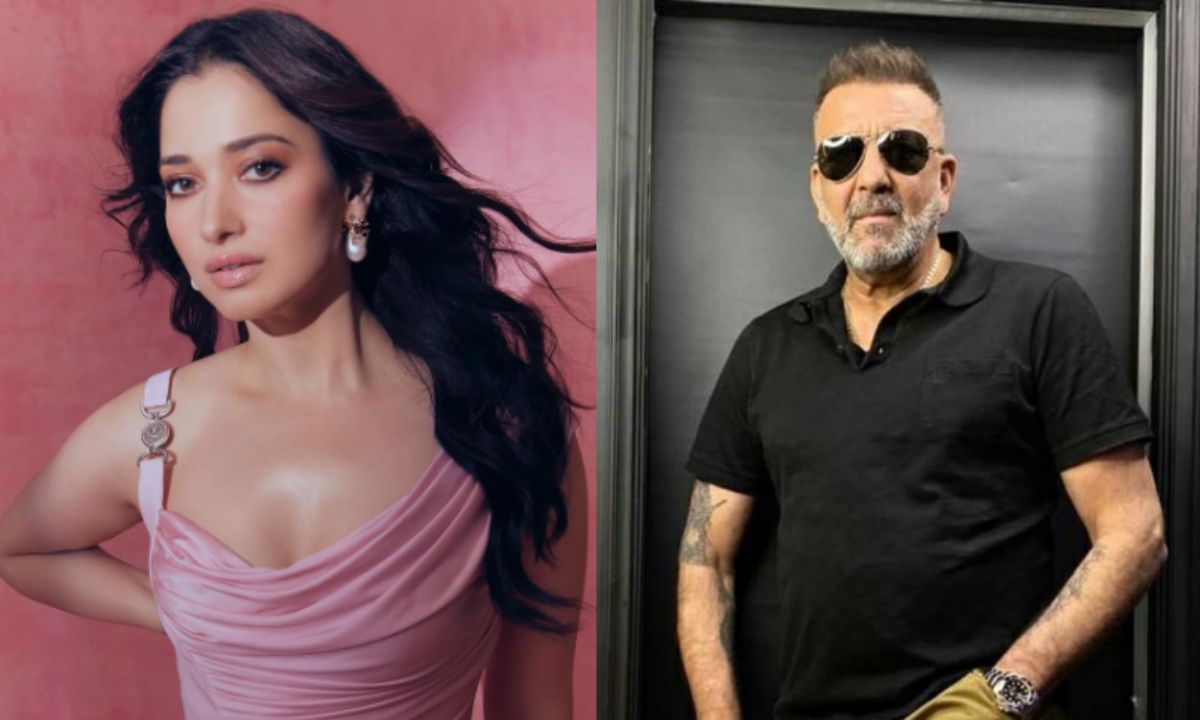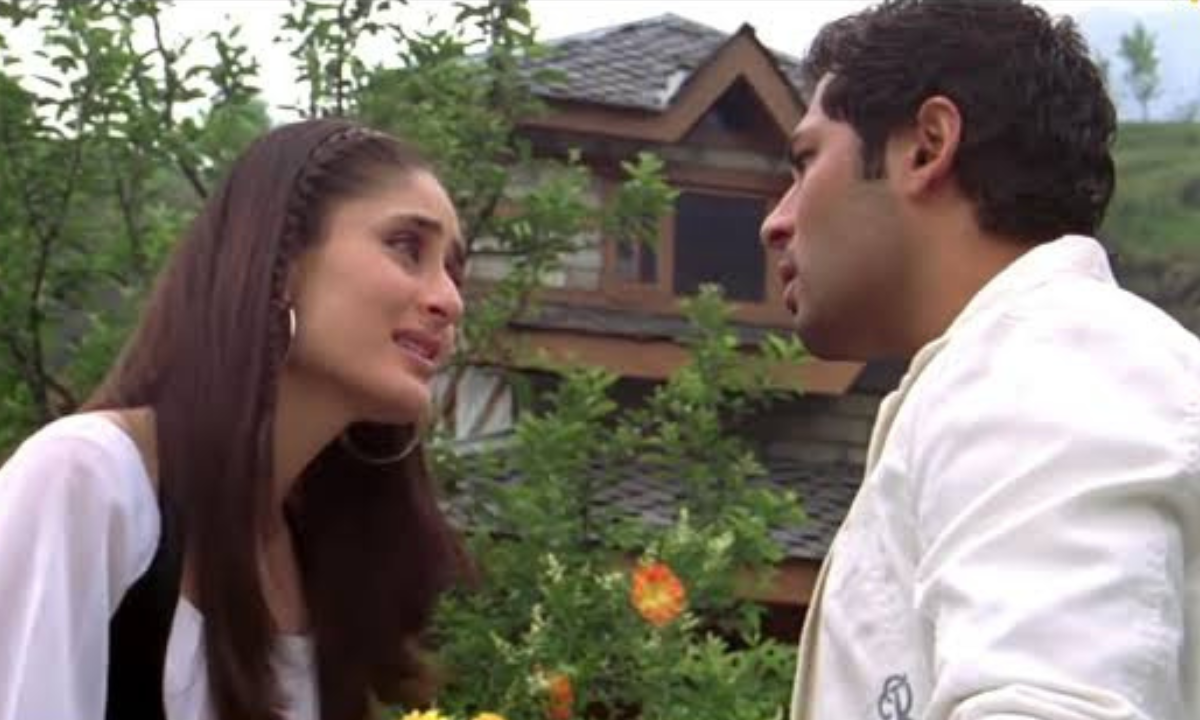‘Doctor G’ Review: This Well-Intentioned Comedy Delivers On A Checklist But Doesn’t Quite Hit The Spot
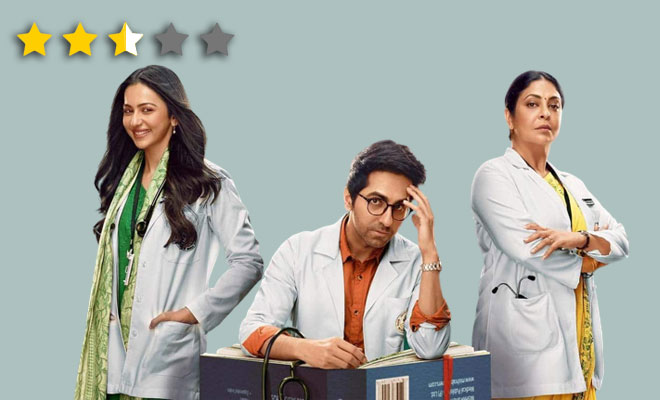
Ayushmann Khurrana has an airtight alibi to not be accused of doing the same brand of cinema over and over. His social message-driven films, set in small-town India, are a way to reach the masses and make taboo topics palatable, in a language they’d listen to. And I have, first hand, seen them start conversations. By gently tugging at the viewers’ hearts, with a measured dose of liberal thoughts their brains won’t reject, and showing them that a hero isn’t some ripped, macho dude, who can accomplish astonishing feats, but someone who is one of them, and whose battle is fought against society and prejudices of his loved ones and his own self. And yet, this airtight dabbe mein whatever he was serving, usko thodi hawa lagne lagi hai. The freshness is compromised, it is rarely crisp entertainment but feels soaked in the preachy and formulaic. In fact, the first half of Doctor G, directed by Anubhuti Kashyap, made me reconsider my decision to not get popcorn because I needed something to bind my attention to the screen while the film followed that same, done-to-death trajectory of all Ayushmann films. And then, the second half swung the game. Not to a clear win, but to a somewhat compromising draw.
View this post on Instagram
Ayushmann plays Uday Gupta, a medical student who wanted Orthopaedia but got stuck with Gynaecology, which he considers a women’s domain. After all, he doesn’t have the body part he is supposed to be a doctor of, so clearly, he isn’t meant to know or care about it. So he secures his seat, while prepping to shoot his shot at what he desperately wants. I might be stretching it here, but it is a very ‘ladke ki aasha thi par ladki ho gayi, toh dobara try karte hain’ wala situation. And this amuses me in a good way. I love unplanned parallels. Now you know what’s going to happen, yes? The Reluctant Gynaecologist will soon be transformed by the women around him, in an extensive alchemical procedure, to become the philosopher’s drone that can give monologues about how he finally ‘lost his male touch’. It’s okay that we know the path this film will take. But must it be such a drab journey?
What surprised me, vexed me even, is that despite its interesting premise and thoughtfully configured characters, Doctor G’s world in the first half manages to be boring and never gets you invested. There are college seniors, ragging scenes, and a bunch of antics pulled by the patients and hospital staff that are mildly funny. But none of them is even remotely convincing you to care. I wanted to feel annoyed at his behaviour, I wanted to feel something. But I just couldn’t care. He became one of those guys you know is problematic but in such inconsequential ways that you don’t care if he changes or not. There are a lot of clichés running around and fewer laughs delivered than you’d expect from a situation like Uday’s. You only finally start paying attention when the second half delivers. Despite some cheesy monologues and an all’s well that ends well, it’s still a lot more engaging than whatever was happening in the first, while Uday was still in his dicking around phase.
Also Read: Doctor G Trailer: Ayushmann Khurrana Is The Only Male Student In An All-Woman Department Of Gynaecology. Looks Fun!
Doctor G has its moments of great observation-driven characterisations and insights, laced with humour, of the world around someone like Uday, how it shapes him, and how men like him would react in these situations. Uday is a ‘dude’ who thinks he is cool when he actually isn’t. He’s not a Kabir Singh by actions, he tells his best friend, named ‘Chaddi’ (a funny Abhay Chintamani Mishr). But the angst brewing within him towards an ex-girlfriend is still toxic. The women in his life can tell he is one breakup away from it. He looks the other way when his mentor Ashok (Indraneil Sengupta), an elder brotherly figure, is carrying on an illicit affair with a girl much younger. But when Uday discovers his mother is dating, he loses his mind. His character is a reflection of most modern men who call themselves feminist and their views liberal, and even believe they are, but with an asterisk that says terms and conditions apply. As Uday is repeatedly reminded of by his college senior and friend, Fatima, men like him don’t truly ‘listen’ to women, and then complain that women are difficult to understand. And it is to these men that Doctor G wants to deliver a lesson.
With a female director at the helm of things, the highlighting of day-to-day sexism and problematic behaviour and subversion of tropes is never performative. A girl watches two men shit-talk one of their girlfriends on a phone call, and you get a callback to that scene when she later recalls it as a red flag she shouldn’t have ignored. Uday idolises Ashok because that’s what he thinks a man should be like; a successful, orthopaedician, who dresses sharply, and has a way with women. But his best friend, Chaddi, who roams around the house half-naked, who loves Uday’s mother and helps her realise her wishes when her own son doesn’t, and who also fails exams as he does, Uday dismisses way too easily.
One remarkable scene arrives through the reliable and always delivering tour de force that is Shefali Shah, where her character, the gynae (pronounced as guy-knee) HOD Nandini ma’am shuts down a celebration of Uday’s first successful delivery (albeit a dramatic one). Her sternness isn’t exaggerated, it just exists, in the face of a woman who is so tired of men being felicitated for doing the basic. Shefali Shah handles it with poise, and those eyes, once again, speak a lot more than words.
And then, there’s Sheeba Chaddha, ever the scene stealer. While many complained about her OTT NRI accent in Maja Ma, I enjoyed the outrageousness of it. Only Sheeba Chaddha could! In Doctor G, too, her utterances instantly grab attention. Much like Nandini, she is a woman with her own struggles that have taught her a different kind of patience. And you know that every positive thought in her son’s brain has been influenced by her upbringing. Sheeba as a mother is not a dramatic one either, she slaps like a parent who hates violence, she scolds like she is more disappointed than enraged. Through her character, the importance of a mother raising her son right and doing her part to effect change is beautifully portrayed. My only regret, I would’ve wanted to see more of Chaddi, Uday’s friend, who has an abrupt exist, leaving Uday and us commando, too soon.
At first, I found Rakul Preet Singh’s character severely underwritten. But thankfully, as Uday learns to be better, I saw her character’s purpose better too. It’s a nice subversion, where you’re made to think this is a female lead, and she’s going to cause some massive change of heart in the hero’s life, but that’s not her. Women are not rehab centres for men. I remember thinking, during a confrontation scene between them, how she shouldn’t have walked away without saying anything. But why should women always be the ones with the teaching moment? Can’t men learn on their own?
The second half of Doctor G is a vast improvement because all of this groundwork finally amounts to something that evokes emotion in you. The relationship forming between Uday and Kavya, the girl that Ashok was having an affair with, steers the film, ups the stakes (temporarily and marginally) and gives you emotional moments that do the above-mentioned tugging at your heart without overwhelming it completely. I enjoyed Ayesha Kaduskar’s performance when I was madly obsessed with a TV show she was on (Yeh Un Dinon Ki Baat Hai), and I liked her dynamic with Ayushmann. With all those conversations about not being ‘stupid’, you start caring for what both Kavya and Uday do, and what happens to them. I am glad that the relationship between the two wasn’t exaggerated, and the conflict was not overly dramatised like such situations normally are in Bollywood films.
Also Read: What To Watch This Week Of October 10th to 16th: ‘Mismatched S2’, ‘Doctor G’, ‘Shantaram’ And More
Verdict
Doctor G is a good effort and delivers on a checklist that you’d probably mount for a film like this one, headlined by Ayushmann Khurrana, but doesn’t really hit the G spot, you know? It shows promise and only makes you care for it in the second half, but that’s more for a few moments between its characters and not quite for the message it is really about. I liked that Uday’s evolution isn’t just hinged on his relationship with one woman, nor is it a complete one. He is a WIP, and really that’s okay. Unlike what men think, we women see effort and appreciate it. But don’t expect a pedestal and a crown for it, okay?
PS: Did we really need a flashy end credits song? We were doing so well with our checklist of losing the male touch, and this should clearly have been the first thing on that list. Abort the end credits item songs, puh-lease.
Doctor G is currently in theatres.
10 Imperfectly Perfect Mothers In Literature That Raised Our Favourite Characters





